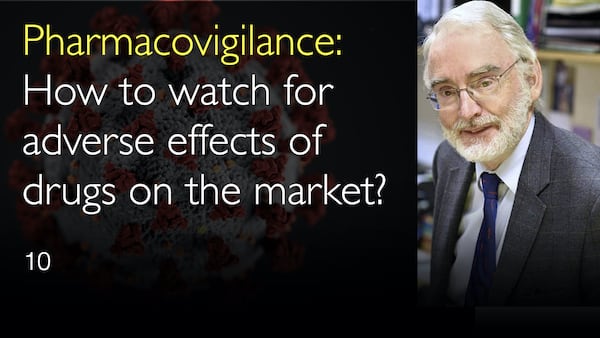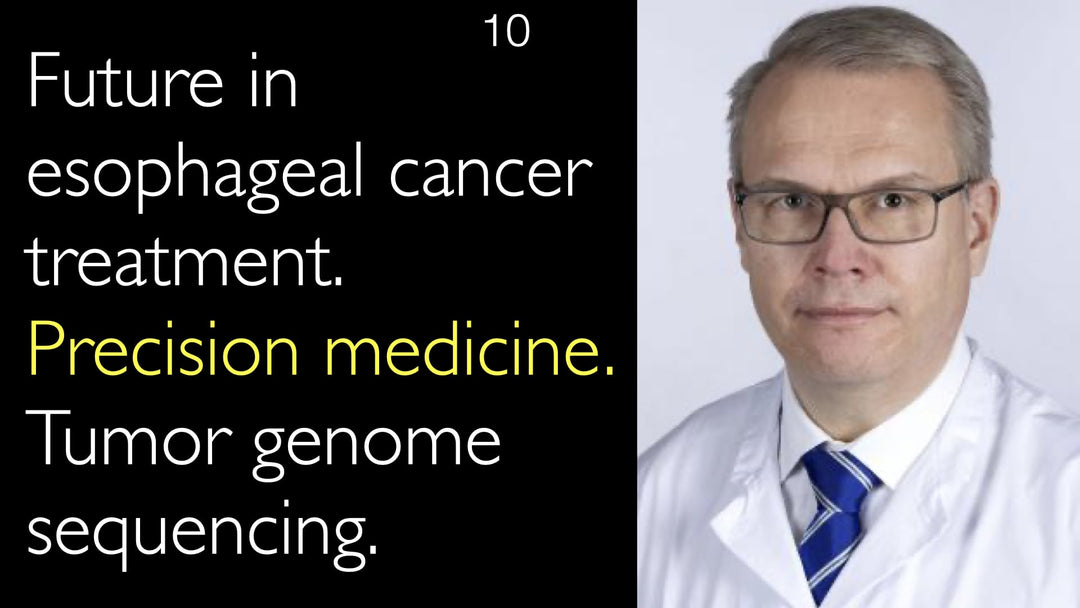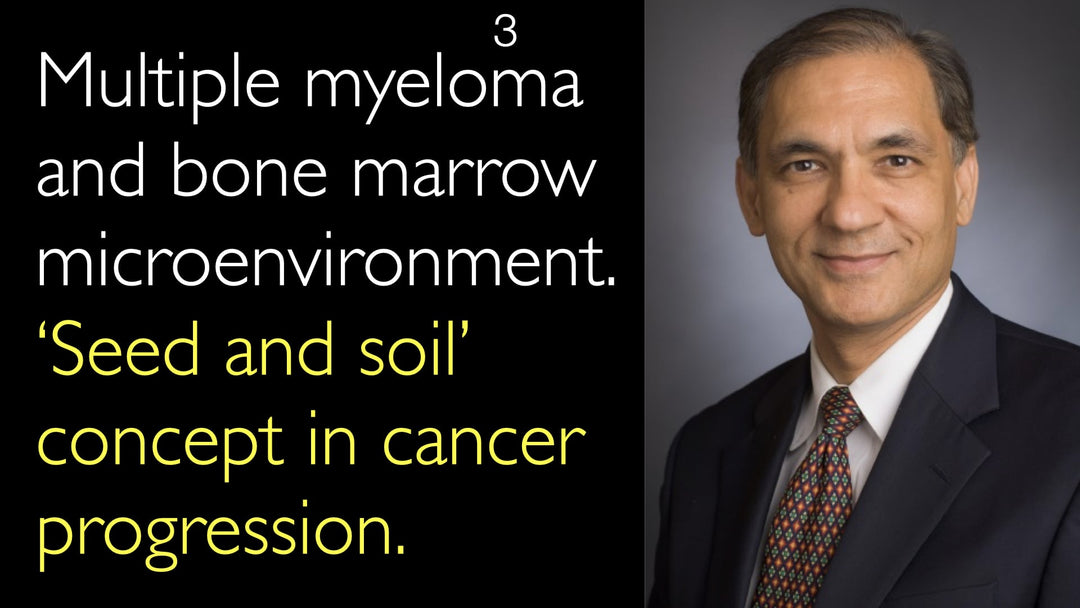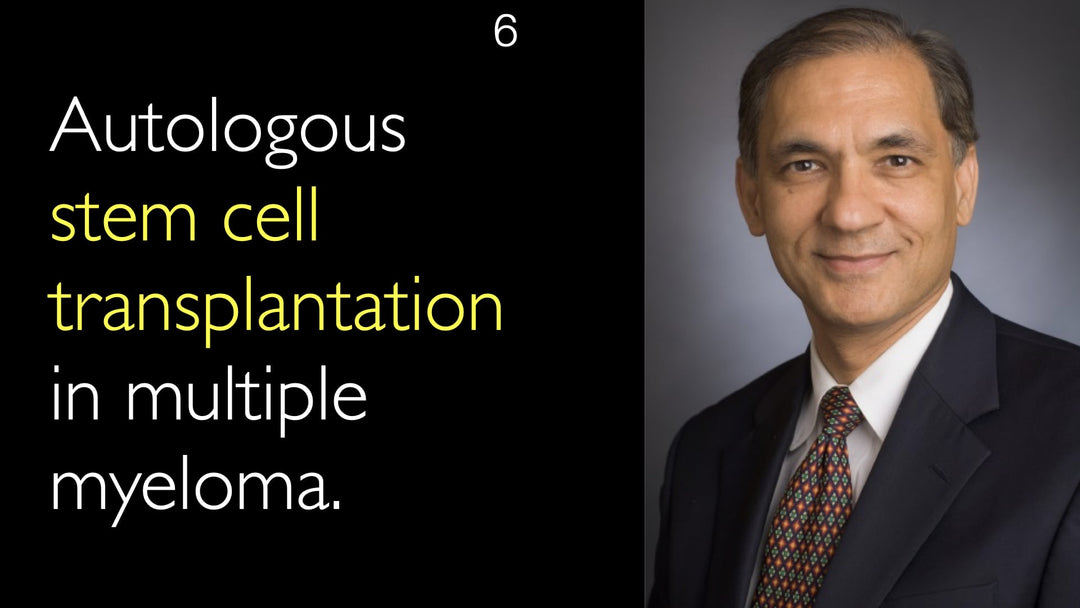O renomado especialista em farmacovigilância, Dr. Stephen Evans, MD, explica como identificar reações adversas a medicamentos após o lançamento no mercado. Ele destaca a importância do monitoramento por meio de grandes bancos de dados de prontuários eletrônicos. Dr. Evans defende sistemas simplificados de notificação por médicos para registrar efeitos adversos suspeitos. Ele aborda os desafios de falsos positivos e falsos negativos na detecção de eventos adversos. O acompanhamento contínuo de medicamentos novos e já existentes é fundamental para a segurança do paciente.
Estratégias Eficazes de Farmacovigilância para Monitorar a Segurança de Medicamentos após a Aprovação
Navegar para a Seção
- Monitoramento de Prontuários Eletrônicos de Saúde
- Notificação de Eventos Adversos por Médicos
- Sistemas de Notificação por Pacientes
- Análise de Big Data em Farmacovigilância
- Desafios na Detecção de Efeitos Adversos
- Melhorias no Monitoramento da Segurança de Medicamentos
- Transcrição Completa
Monitoramento de Prontuários Eletrônicos de Saúde
O Dr. Stephen Evans, MD, destaca o papel essencial dos bancos de dados de prontuários eletrônicos de saúde na farmacovigilância. Ele explica que o monitoramento contínuo de grandes bases de dados de saúde é fundamental para detectar reações adversas a medicamentos. Essa abordagem permite que pesquisadores identifiquem possíveis problemas de segurança que podem não ter sido evidentes durante os ensaios clínicos.
O Dr. Evans ressalta, em especial, a importância de monitorar medicamentos novos por meio dos prontuários eletrônicos. Ele observa que a vigilância abrangente deve incluir tanto fármacos recém-aprovados quanto produtos já existentes. Essa sistemática favorece a detecção precoce de efeitos adversos raros ou de longo prazo que, de outro modo, poderiam passar despercebidos.
Notificação de Eventos Adversos por Médicos
O Dr. Stephen Evans, MD, aborda a importância crucial da notificação médica nos sistemas de farmacovigilância. Segundo ele, os profissionais de saúde são especialmente aptos a identificar possíveis efeitos adversos relacionados a medicamentos. Sua experiência clínica permite reconhecer padrões que podem indicar riscos à segurança dos fármacos.
O Dr. Evans defende que a notificação de eventos adversos seja o mais simples possível para os médicos. Ele enfatiza que reduzir a carga burocrática dos profissionais de saúde incentiva uma notificação mais abrangente. Autoridades regulatórias em todo o mundo, incluindo o FDA nos Estados Unidos, beneficiam-se desse processo simplificado.
Sistemas de Notificação por Pacientes
O Dr. Stephen Evans, MD, comenta o papel dos eventos adversos relatados por pacientes na farmacovigilância. Ele observa que, no Reino Unido e na Europa, os pacientes podem reportar diretamente às autoridades regulatórias suspeitas de efeitos colaterais de medicamentos. Essa abordagem centrada no paciente fornece dados adicionais para o monitoramento da segurança.
No entanto, o Dr. Evans ressalta que os pacientes costumam relatar efeitos colaterais menores, que podem ser significativos em nível pessoal, mas menos urgentes do ponto de vista clínico. Embora esses relatos contribuam para o perfil geral de segurança dos medicamentos, ele destaca que as notificações médicas continuam sendo cruciais para identificar reações adversas graves que exigem atenção regulatória imediata.
Análise de Big Data em Farmacovigilância
O Dr. Stephen Evans, MD, explora a aplicação de abordagens de big data na farmacovigilância. Ele descreve como métodos computacionais avançados podem analisar conjuntos massivos de dados de prontuários eletrônicos para detectar possíveis efeitos adversos. Essas técnicas analíticas identificam padrões que podem escapar aos métodos tradicionais de vigilância.
O Dr. Evans explica que analistas especializados trabalham com os dados de segurança recebidos para identificar tendências preocupantes. Ele menciona que essas abordagens de big data representam a vanguarda do monitoramento da segurança medicamentosa, permitindo processar grandes volumes de informação com mais eficiência do que a revisão manual.
Desafios na Detecção de Efeitos Adversos
O Dr. Stephen Evans, MD, reconhece os desafios significativos na detecção precisa de efeitos adversos. Ele compara o processo a um teste diagnóstico, observando que tanto falsos positivos quanto falsos negativos ocorrem na farmacovigilância. Falsos positivos indicam danos inexistentes, enquanto falsos negativos deixam de detectar riscos reais.
O Dr. Evans explica que esses desafios são inerentes ao monitoramento da segurança medicamentosa. Apesar dos sistemas avançados de vigilância, alguns efeitos adversos podem permanecer inicialmente não detectados. Ele enfatiza que a melhoria contínua das técnicas de monitoramento ajuda a minimizar ambos os tipos de erro ao longo do tempo.
Melhorias no Monitoramento da Segurança de Medicamentos
O Dr. Stephen Evans, MD, descreve estratégias para aprimorar os sistemas de farmacovigilância em todo o mundo. Ele ressalta que uma vigilância mais eficaz em bancos de dados de prontuários eletrônicos representa uma grande oportunidade de avanço. A coleta e análise abrangente de dados permitem detectar com mais eficiência danos relacionados a medicamentos.
O Dr. Evans conclui que otimizar tanto a vigilância eletrônica quanto os sistemas de notificação médica é viável. Ele acredita que a implementação dessas melhorias aumentará significativamente a segurança medicamentosa para os pacientes. Em sua discussão com o Dr. Anton Titov, MD, o Dr. Evans enfatiza que o aprimoramento contínuo dos métodos de farmacovigilância permanece essencial para a proteção da saúde pública.
Transcrição Completa
Dr. Anton Titov, MD: Professor Evans, o senhor é especialista em farmacovigilância—vigilância contínua de efeitos adversos de medicamentos após sua aprovação, quando os médicos começam a prescrevê-los. Quais são as melhores práticas para detectar reações adversas a medicamentos já no mercado? E quais são os problemas mais comuns atualmente na vigilância de efeitos adversos?
Dr. Stephen Evans, MD: Para mim, há duas coisas que podemos fazer em grande escala. A primeira é que, supondo que todos os ensaios financiáveis tenham sido realizados, precisamos melhorar a vigilância em grandes bancos de dados de prontuários eletrônicos. Precisamos garantir que os dados contidos neles possam ser usados para pesquisa e estejam sob monitoramento contínuo.
Principalmente de medicamentos novos, mas também de todos os medicamentos, para que, onde ocorram danos, possamos detectá-los. Em algumas áreas, não fazemos isso muito bem com base em registros.
A segunda coisa é facilitar a notificação de suspeitas de reações adversas pelos médicos. Seres humanos, sejam pacientes ou profissionais de saúde, são muito bons em suspeitar que um medicamento causou um efeito adverso. Às vezes, na verdade com frequência, essa suspeita está incorreta.
No entanto, vale a pena registrar essa suspeita. Tornar o processo de notificação ao FDA nos EUA, ou a autoridades regulatórias em todo o mundo, deve exigir o mínimo de esforço do médico ou profissional de saúde que presencia esse efeito.
No Reino Unido e na Europa, permitimos que os pacientes relatem essas suspeitas diretamente. Mas eles costumam relatar queixas triviais, que podem ser importantes para eles e para os reguladores saberem. Realmente precisamos de notificações de alta qualidade dos médicos.
Tornar esse processo o mais simples possível é, creio, a melhor medida que podemos adotar. Eu já atuei em ambas as frentes. Temos analistas capazes de examinar os dados recebidos, e podemos usar—para empregar o termo da moda—abordagens de big data na era da computação, em prontuários eletrônicos, para detectar possíveis efeitos adversos.
O problema é que, assim como em testes diagnósticos, haverá falsos positivos e falsos negativos. Você identificará danos onde não existem e deixará de detectar danos reais. Mas é possível melhorar em todos esses aspectos.







